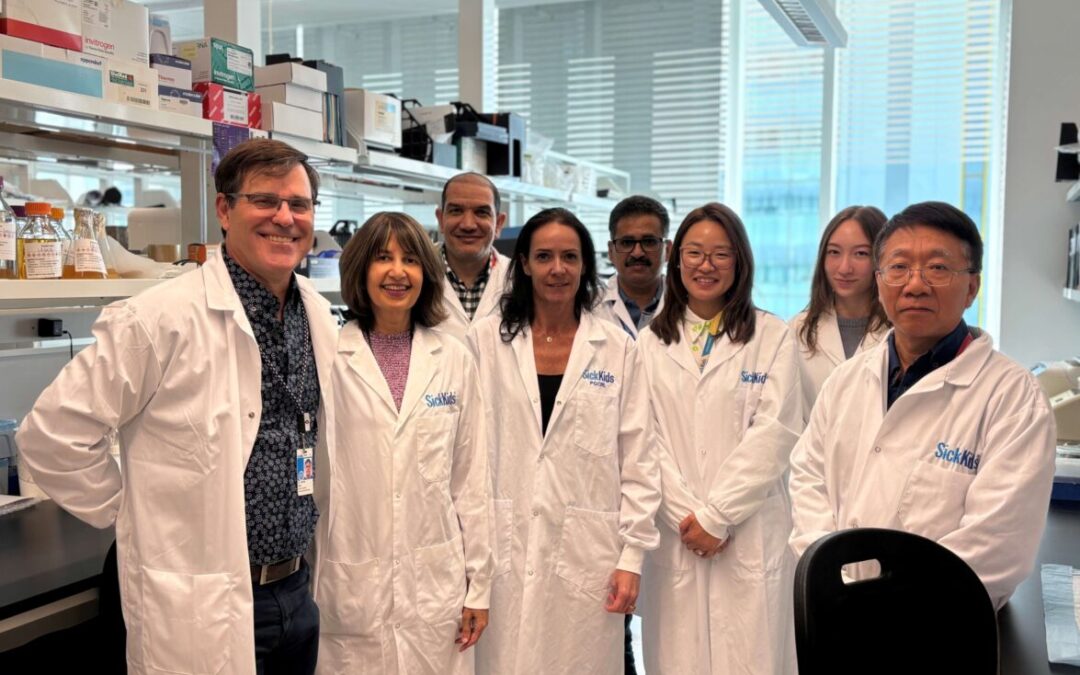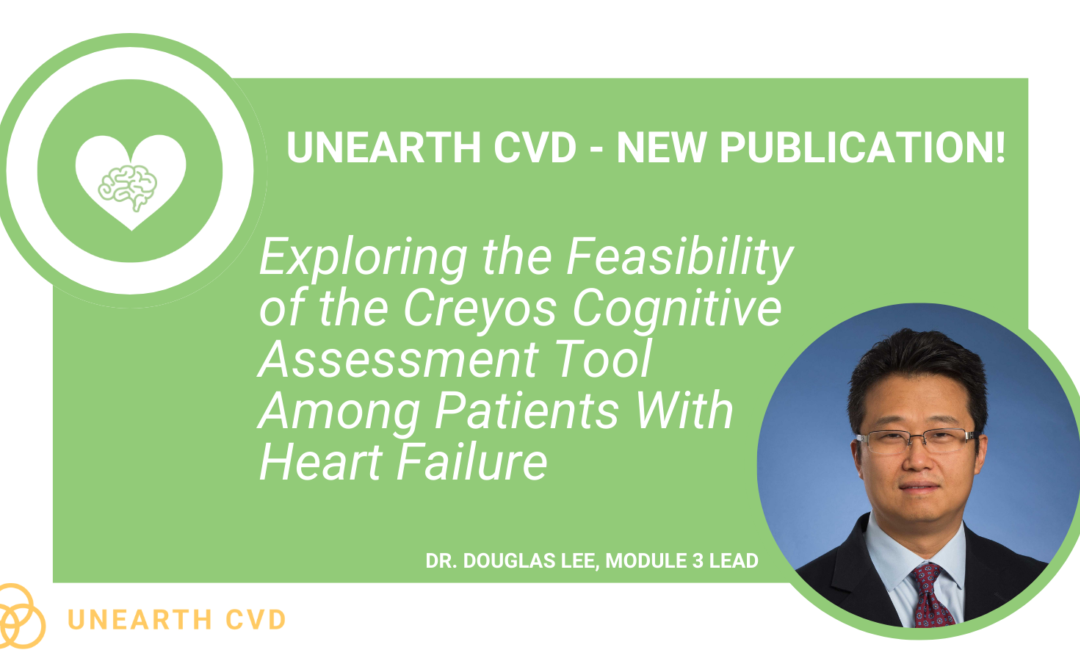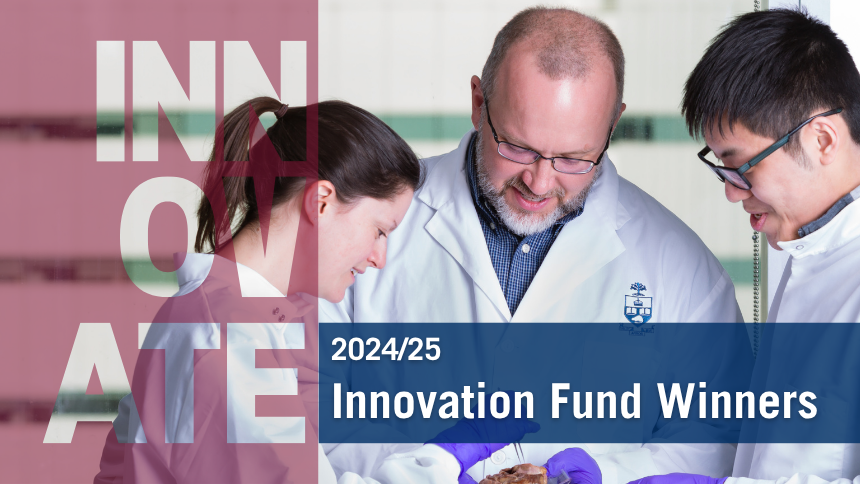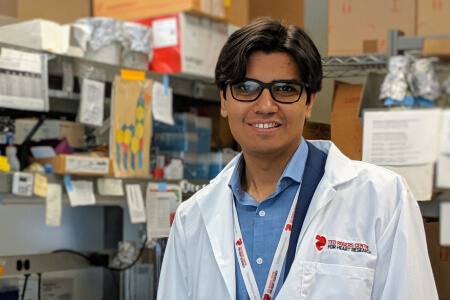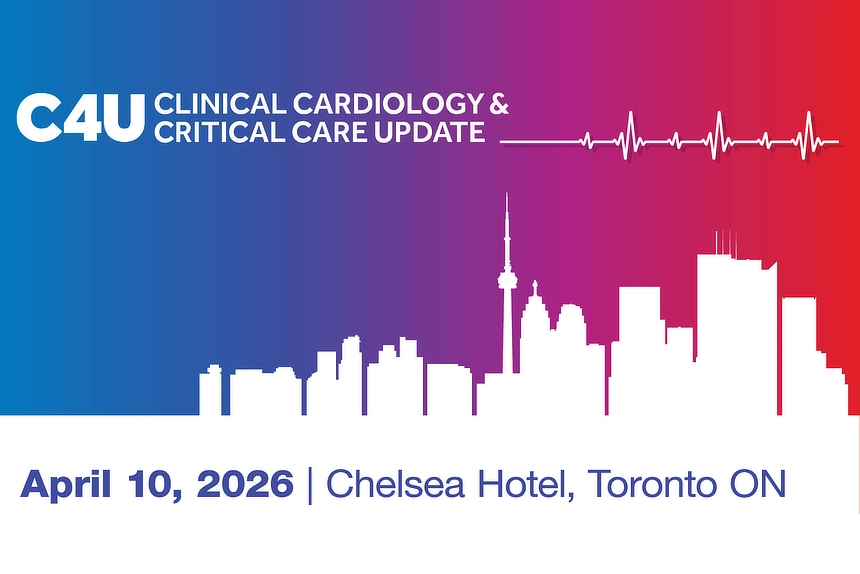The Digital Cardiovascular Health Platform unlocks siloed, un-linked, and even previously discarded data by capturing and integrating different streams of new patient data. This data lake pulls from many sources including EMRs, test results, clinical notes, research data, machine data, and readings from ECG machines, echocardiography images and wearable technologies.
This extraordinary innovation allows our clinical teams to perform advanced analytics into risk analysis (causes), prognosis and ideal treatment for each individual with heart failure.
